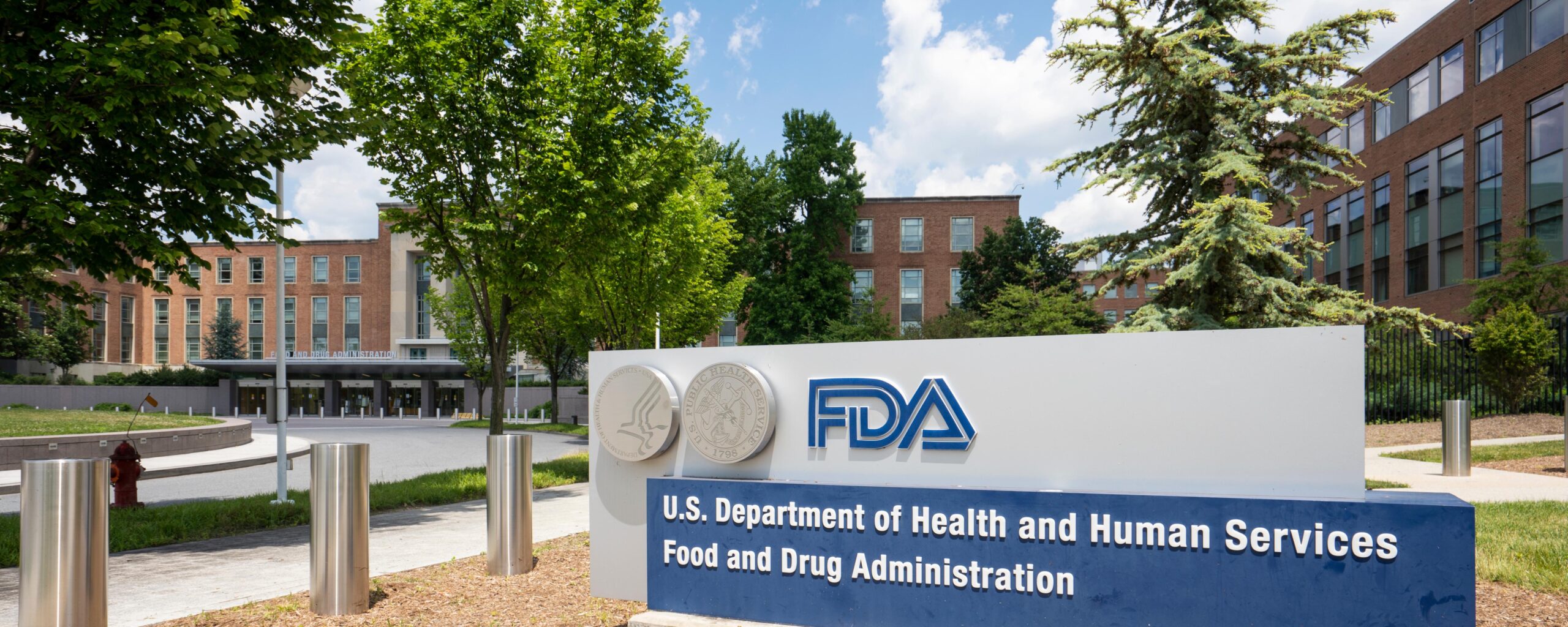APPC survey reveals a reluctance among the public to recommend that someone who is pregnant receive certain routine vaccinations.
Health

Despite Increase in U.S. Cases, Worry About West Nile Virus Remains Low
Despite the growing number of cases of West Nile virus, few in the U.S. worry about contracting it, an Annenberg survey finds. Nearly half of those surveyed are unsure what the symptoms are of the disease.

Public Confidence in U.S. Health Agencies Slides, Fueled by Declines Among Democrats
An APPC survey finds that public confidence in U.S. health and science agencies has dropped since the inauguration of President Donald Trump.

Most Americans Favor MMR Vaccine Requirement for Public School
A 2025 Annenberg survey found that 70% of U.S. adults support an MMR vaccine requirement for healthy children to attend public school.

Rise in Gun Violence in Top U.S. Movies Parallels Growth in Gun Homicides Among Young People
New APPC research reveals that the increased occurrence of guns in U.S. movies paralleled the increase in gun-related deaths among young people.

Public Knowledge High on Smoking and Alcohol Risks During Pregnancy
According to a new Annenberg Public Policy Center survey, most people are uncertain about which vaccinations are safe and recommended for pregnant people.

AI Used for Real-Time Selection of Actionable Messages for Government and Public Health Campaigns
A new study by APPC scholars suggests that artificial intelligence can facilitate theory- and evidence-based public health message selection.

Many in U.S. Consider AI-Generated Health Information Useful and Reliable
An APPC health survey finds that 6 in 10 Americans think that AI-generated health information is somewhat or very reliable.

More People Need to Know How to Prevent SIDS, Survey Shows
New APPC survey reveals that many Americans are unaware of two factors that can reduce a baby's risk of Sudden Infant Death Syndrome (SIDS): putting the baby to sleep on their back and reducing their exposure to second hand smoke.
Survey Finds Some Confusion Over Mammogram Guidelines
Although mammograms can detect breast cancer before symptoms begin, APPC survey data reflects some confusion over when American women think they should start receiving regular mammograms.